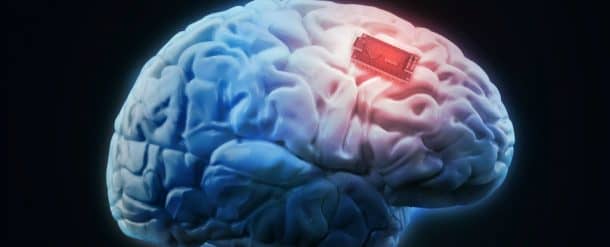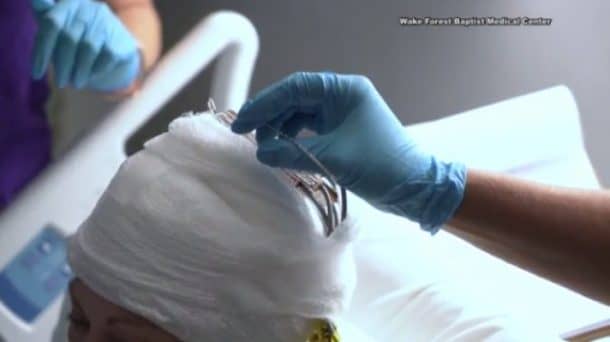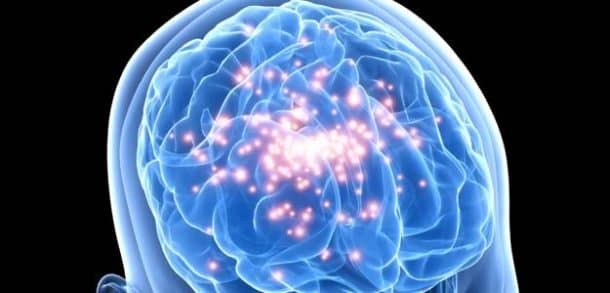Scientists from Wake Forest Baptist Medical Center partnered with researchers from the University of Southern California to develop an innovative procedure to give hope to people struggling with remembering important information. A new implant uses a person’s own memory patterns in order to boost the brain’s natural ability to encode those memories and recall them quickly. There has been a reported 35 to 37 % increase in short-term memory performance.
Epilepsy patients from Wake Forest Baptist were surgically implanted with electrodes in the various parts of their brains. The electronic prosthetic system is based on a multi-input-multi-output (or MIMO) mathematical model to influence the patterns of neurons firing within the hippocampus.
The neural patterns of the participants were recorded in the beginning while they played a simple memory game on the computer. The patients saw the image and had to identify the image after the screen went blank. The engineers then analyzed the recordings of correct responses and generated a code for the correct memory performance for the participant.

He continued, “To date, we’ve been trying to determine whether we can improve the memory skill people still have. In the future, we hope to be able to help people hold onto specific memories, such as where they live or what their grandkids look like when their overall memory begins to fail.”
The memory implants only affect the short-term memory for now. But, the researchers are working on increasing that to long-term memory.




